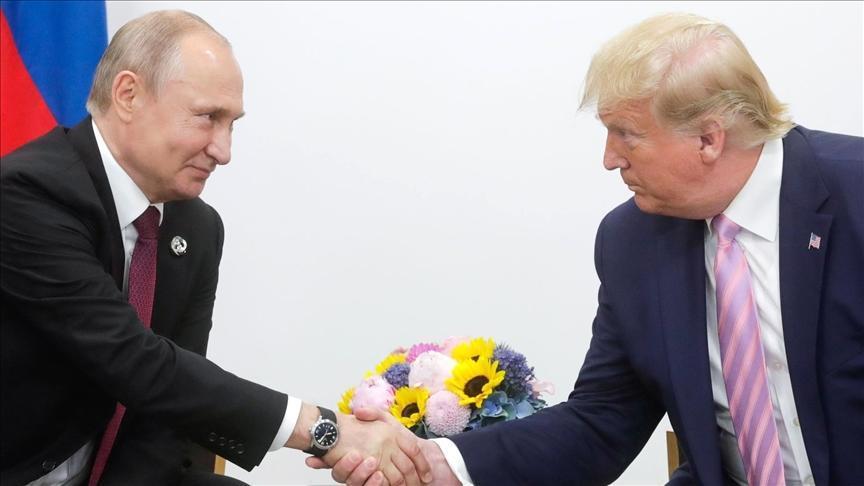Number of Turkish tourists to Greece to reach 1 million by year-end
The number of Turkish tourists that have visited Greece this year is around 800,000 up until now. This number is expected to reach one million by the end of the year, as many Turkish tourists are expected to go to Greece to welcome the New Year, which will be on a weekend. There is thus a big possibility that this number could rise above the threshold of one million this year: Higher than the entire population of Greek Cyprus.
This figure also does not include Turks who have been turned away from Greek borders because their passports bear a stamp from the Turkish Republic of Northern Cyprus. Continuing this practice really goes against the spirit of the warm relationship that has been bringing Turkey and Greece together in recent years, especially at the level of citizens.
While Greeks can enter Turkey with their identity cards and Greek Cypriots can also enter Turkey with a visa, Turks whose passports have the Northern Cyprus stamp still cannot enter Greece. Is halting this practice too much to ask from the Tsipras government, with which Turkey enjoys good relations? Probably. If such a decision was taken by Athens, it would not go unnoticed in Turkey but it would hardly make the front page of newspapers. In Greece, however, it could have the effect of a small political earthquake.
Unfortunately the asymmetry in perceptions of both countries continues to set the tone in bilateral relations, even two decades since rapprochement between Athens and Ankara started.
The asymmetrical relationship was clear during the bilateral meeting between the two sides last week, as Turkish President Recep Tayyip Erdoğan and Greek Prime Minister Alexis Tsipras made their opening statements to the press ahead of their meeting.
Looking into the eyes of Tsipras and speaking in Turkish, Erdoğan said the two countries could solve their problems if they are genuinely willing to do so. As his words were translated into Greek, Tsipras started looking into the air, symbolizing even with his body language that he could not reciprocate the conviction that all it takes for a breakthrough is political will. It was as if he was saying: “It isn’t as easy as you make it sound. Any move I take on an issue as sensitive as Turkey, the whole of Greece is out there waiting to grill me.”
Erdoğan was genuine in his remarks. For him, governments can take courageous steps to get out of stalemates. Of course, he was speaking from a position of “power” - not so much in the sense of the two countries positions vis a vis each other, but in the sense of his own position in Turkey. Domestically he has uncontested authority to take bold initiatives. He is challenged by neither the political opposition (because of its inefficacy) or by civil society (because of fear).
But what ties the hands of Tsipras is not the shaky nature of his government, which is based on a fragile coalition, nor the democratic nature of the Greek political system, which has effective checks and balances. Rather, what ties his hands is the Greek mindset about Turkey. On the person-to-person level Greeks love Turks. But they are extremely skeptical about “the Turk”: The state, the government, the establishment, the society, and past grievances that are by definition anti-Greek. As a result, even a political figure from outside mainstream politics like Tsipras cannot venture outside of trenches dug decades ago.











